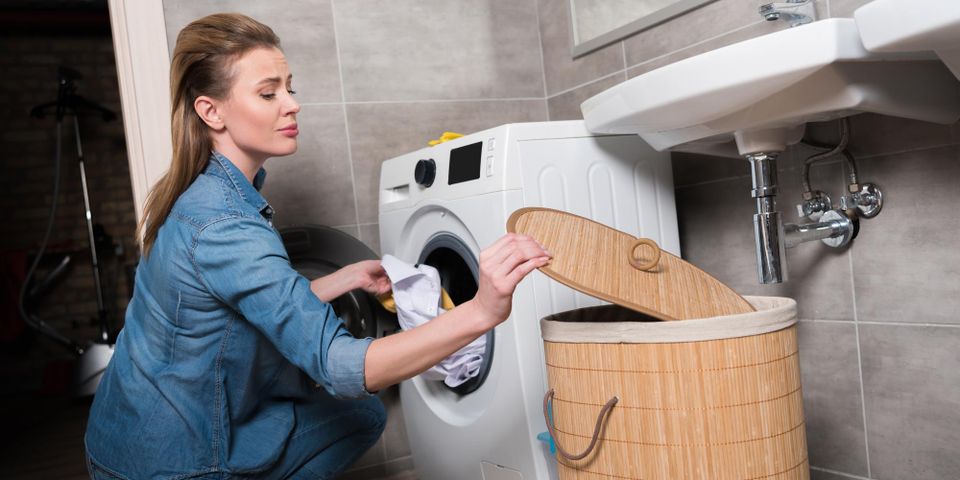
The water flowing through your home’s plumbing system is either hard or soft. And while soft water can occur naturally, hard water is prevalent in over 85% of the country. Here, learn about the difference between the two, including which is better for your home and why.
What Are the Differences?
While rainwater is soft, it collects minerals as it percolates through the soil and enters waterways. Calcium, lime, magnesium, and chalk are the most common minerals found in hard water. The only mineral natural soft water contains is sodium. It is easy to determine which type of water your home features. Soft water creates suds in reaction to soap, shampoo, and body wash, while hard water creates a film.
Hard water also causes mineral scale to build up inside and around plumbing fixtures as well as any water-dependent appliances, such as dishwashers and washing machines. It also leaves spots on glass, contributes to rough-feeling clothing, and leaves hair and skin dull and itchy. Soft water does not produce scale or strip skin and hair of moisture.
Which Is Better?
 While natural soft water can have a salty taste and pose risks to people with heart problems because of high sodium content, it is still better for plumbing and homeowner health than hard water. Water softeners reduce sodium and eliminate all other minerals contributing to scale buildup, dry skin and hair, and prematurely damaged clothing and dishware. Softening your water also saves money on energy bills since minerals harden when water is heated.
While natural soft water can have a salty taste and pose risks to people with heart problems because of high sodium content, it is still better for plumbing and homeowner health than hard water. Water softeners reduce sodium and eliminate all other minerals contributing to scale buildup, dry skin and hair, and prematurely damaged clothing and dishware. Softening your water also saves money on energy bills since minerals harden when water is heated.
How Does a Water Softener Work?
The right water-softening system for you depends on factors, such as average weekly water usage, since these systems need to regenerate periodically. Whether any household members are on low-salt diets also plays a role. Deionization systems remove all salts from water, including calcium, magnesium, and sodium, with the latter element replaced by hydrogen ions.
They also use a hydroxide resin to replace anion and hydrogen cations to create a mineral-free liquid. Other water-softening options include reverse osmosis, or water desalination using a fine membrane that catches salts. Your local plumbing company will help you select the right product for your needs.
Request a water softener installation from the plumbing team at Osterwisch Company. Serving the Greater Cincinnati, OH, and Tri-State areas since 1946, this company provides service work for all HVAC, electrical, and plumbing issues. All project managers are fully licensed by the states of Ohio and Kentucky. Call (513) 791-3282 today to schedule an appointment or learn more about their plumbing services online.
About the Business
Have a question? Ask the experts!
Send your question

